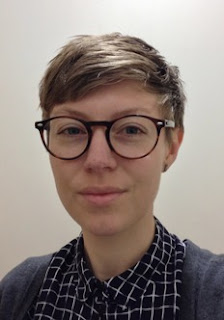The European Medicines Agency has just released an update on biosimilars - the latest in its series of multimedia briefing sessions. The videos were recorded at a joint briefing session for EMA's Human Scientific Committees' Working Parties with Patients’ and Consumers’ Organisations (PCWP) and Healthcare Professionals’ Organisations (HCPWP).
Sessions include
- an introductory briefing by Professor Sir Kent Woods
- an overview of the science behind biosimilars
- how they are evaluated by regulators
- how to bridge the scientific evaluation with clinical reality
- public acceptability of biosimilars
- promoting better understanding of biosimilars
View the videos:
The European Association for Clinical Pharmacology and Therapeutics (EACPT) was founded 22 years ago and now includes as members all national organisations for clinical pharmacology in Europe, as well as organisations from further afield internationally.
The EACPT aims to provide educational and scientific support for the more than 4000 individual professionals interested in clinical pharmacology and therapeutics throughout the European region, with its congresses attended by a global audience. The EACPT also advises policy makers on how the specialty can contribute to human health and wealth.
The 12th biennial Congress of the EACPT is being held in Madrid from 27th to 30th June 2015.
Sessions include
- an introductory briefing by Professor Sir Kent Woods
- an overview of the science behind biosimilars
- how they are evaluated by regulators
- how to bridge the scientific evaluation with clinical reality
- public acceptability of biosimilars
- promoting better understanding of biosimilars
View the videos:
The European Association for Clinical Pharmacology and Therapeutics (EACPT) was founded 22 years ago and now includes as members all national organisations for clinical pharmacology in Europe, as well as organisations from further afield internationally.
The EACPT aims to provide educational and scientific support for the more than 4000 individual professionals interested in clinical pharmacology and therapeutics throughout the European region, with its congresses attended by a global audience. The EACPT also advises policy makers on how the specialty can contribute to human health and wealth.
The 12th biennial Congress of the EACPT is being held in Madrid from 27th to 30th June 2015.










